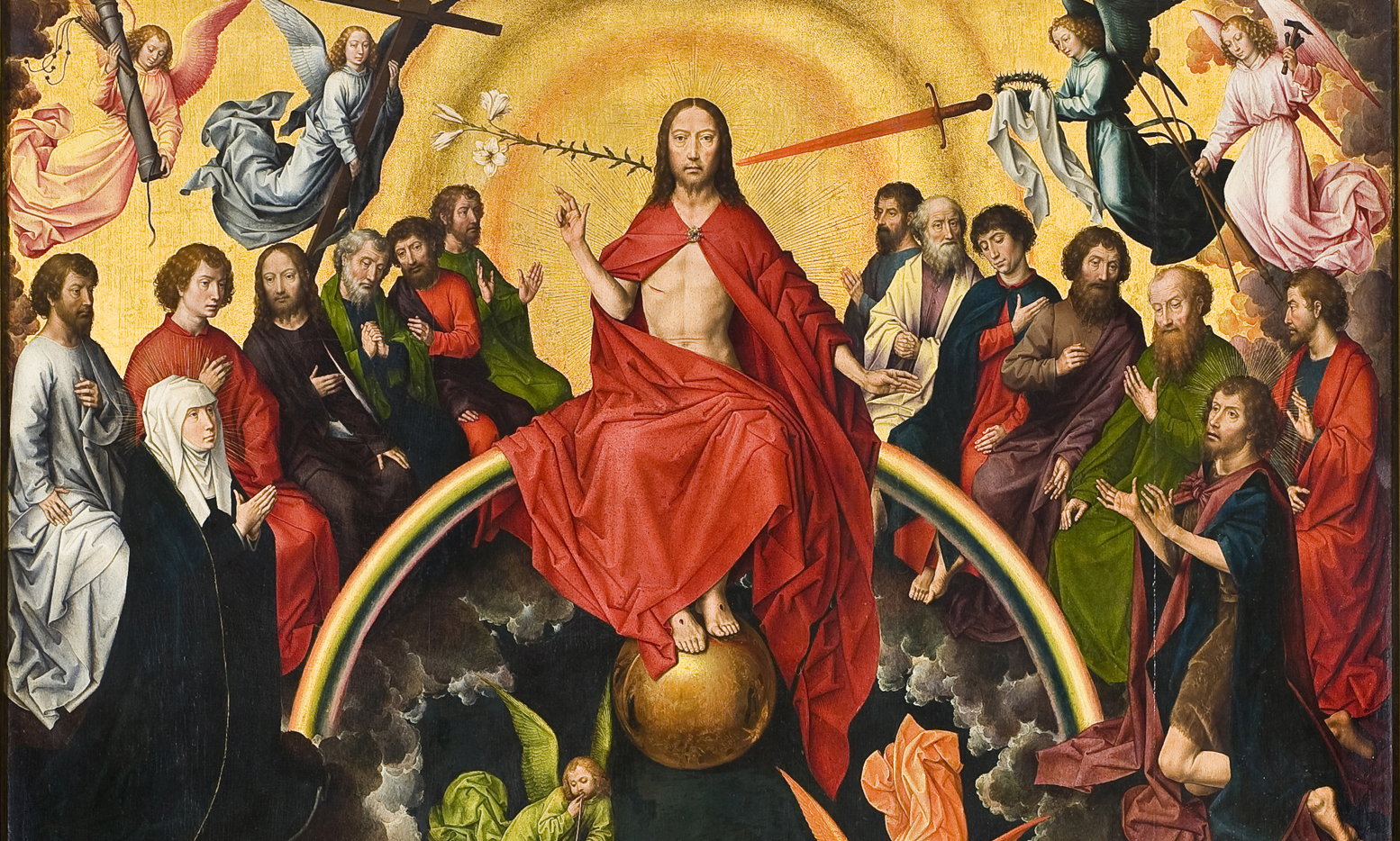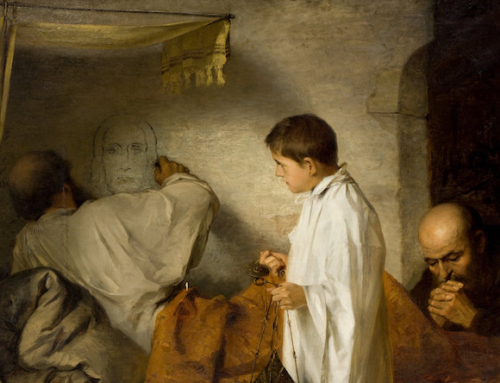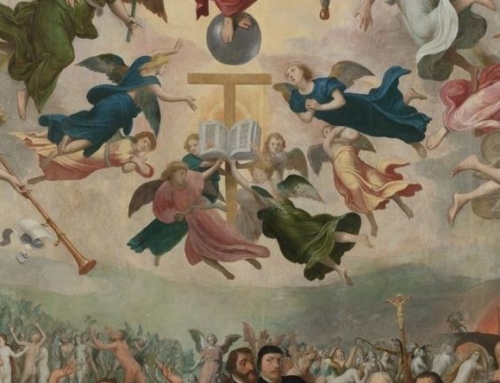Man was originally created in a state of innocence, destined for happiness. After the sin of our first parents, however, original sin was established. Dealing with evil in human affairs is now with us until the end of time. When we experience such evil, it can be easy not to see beyond it. Blinded by the urge to strike back, we may feel that the only way to overcome the evil is to return a worse evil. It seems at those times that to restrain ourselves only means to ignore the evil, but the Resurrection of Christ tells us that evil is ultimately always conquered. On the last day, the same Christ who was crucified for our sins will come again in glory to judge the living and the dead, and all justice will be firmly established for all eternity.
What is the purpose of this final judgment at the end of time, in addition to individual judgment at our own death? St. Thomas Aquinas explains that there is a final and universal judgment because judgment cannot be properly rendered until all the effects of one’s acts are brought to completion. Parents leave behind descendants who may, or may not, imitate them. Teachers leave students. Master leave disciples. These in turn affect the next generation. Judgment, therefore, cannot really be final until the end of time.
In this life, it is all too easy for us to mitigate the appearance of our evils. We can make excuses, deflect blame, or hide problems. But when the all-knowing judge appears, and all our failings are exposed, we will be powerless. We will doubtless have an immense gratitude for those who turn our crimes to good. God has furnished us with many examples of holy men and women who have done so. When Joseph was sold into slavery in Egypt by his own brothers, he used his power to guarantee the security of his traitorous brothers in time of famine. In modern times, St. Maria Goretti forgave her killer Alessandro, who eventually died a Capuchin Franciscan.
Christ taught us to do no less. When his enemies closed in on him, he was entirely capable of calling 12 legions of angels to defend him (Mt 26:53). Instead, he submitted to the Father’s plan. By taking up his cross, he redeemed humanity, thus making possible a salvation greater than we can dream of. When Christ comes again to judge the living and the dead, it will be as the God-man who made possible our reconciliation with him by returning the greatest good for the greatest evil. Christ will not be merely our judge on that day, but the master who gave his life to teach us the way.
The final judgment by Christ assures us that we need never fear suffering ultimate injustice. God himself will avenge the evils done against us, and he will reward the good we have done. While we should never unnecessarily allow evils to be perpetrated against us, vengeance will appear so petty on that day, in contrast to the impact of our good acts. Realizing the immense gratitude we surely will feel on the day of judgment for those who brought forth good from our evils, is it not sweeter than any revenge to do the same for others?
We need never allow ourselves to be poisoned by the idea that this evil can somehow rule over us. When Christ was confronted with the greatest evil in the world – his own death – he never allowed himself to lose sight of God’s plan which embraced and transformed that evil. The idea that we can fight back against an evil with another evil is an illusion. It is only by following the master in returning good that evil can ever be overcome.
✠
Image: Hans Memling, The Last Judgment







